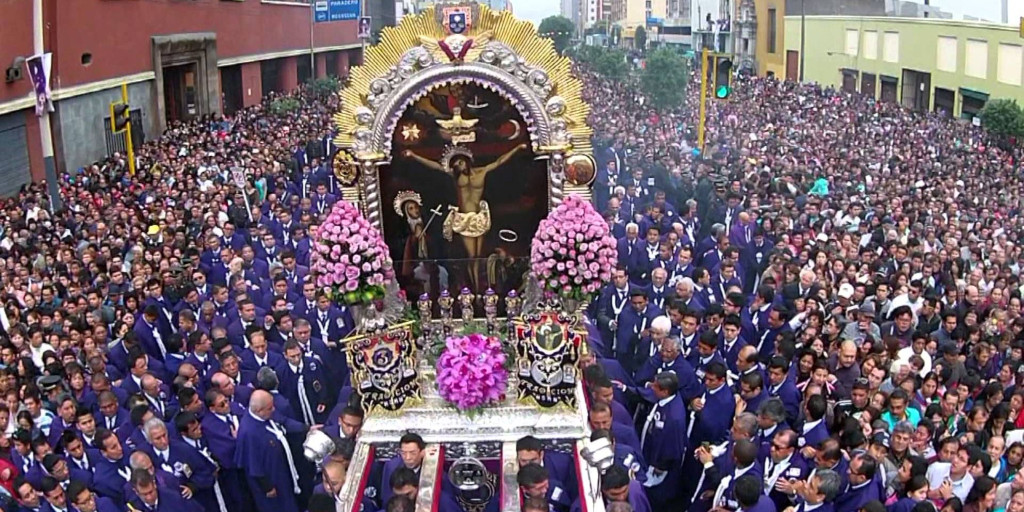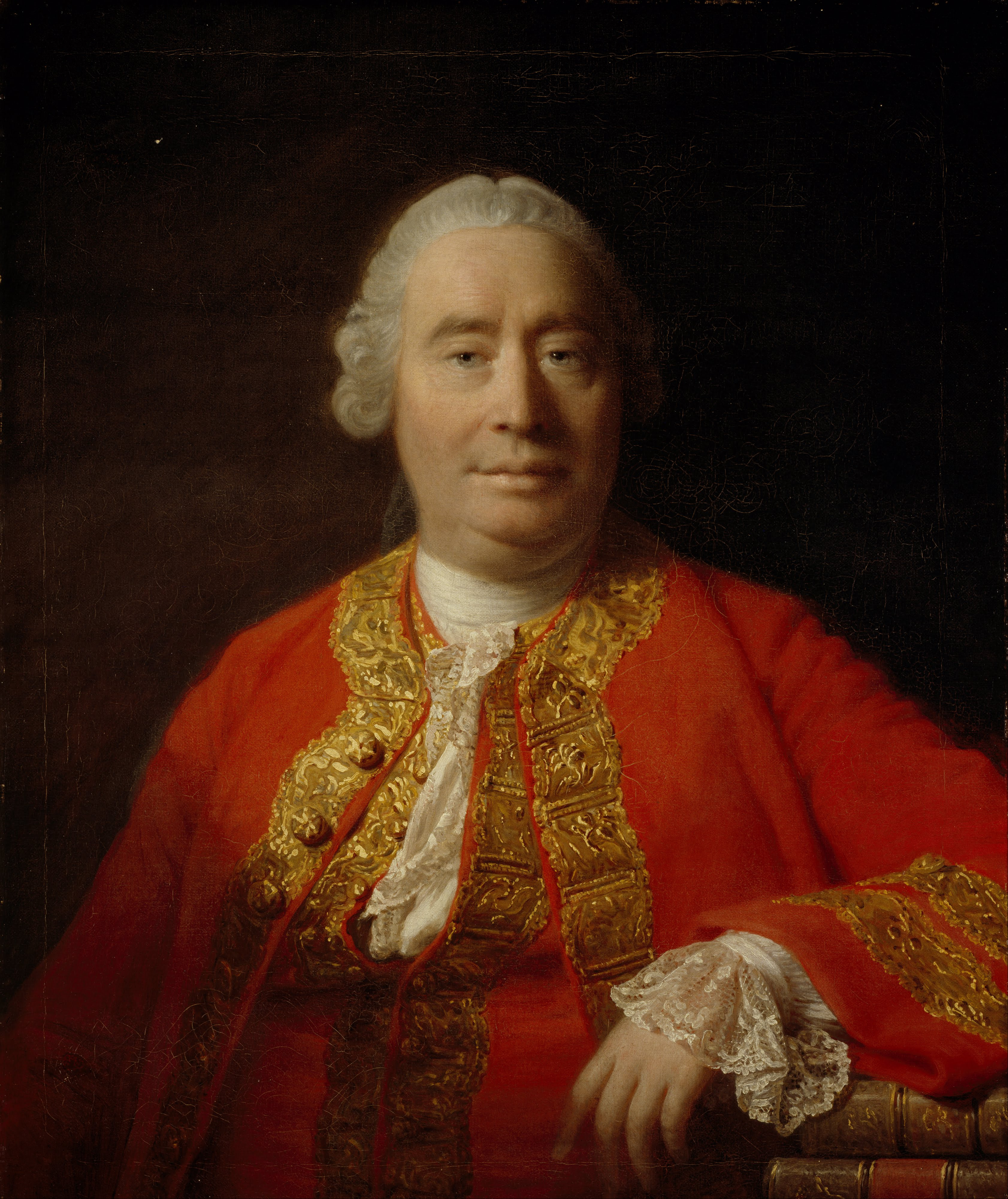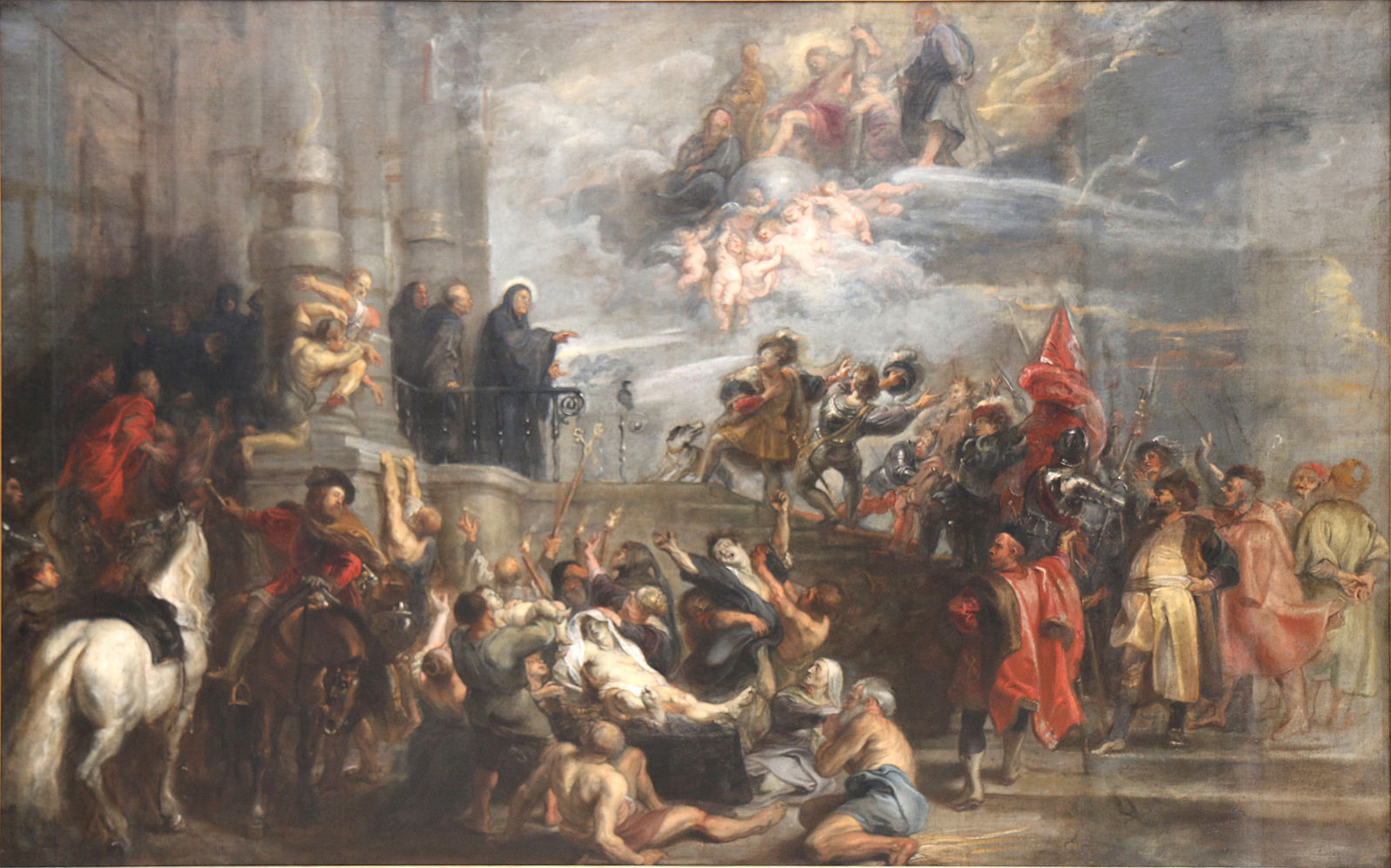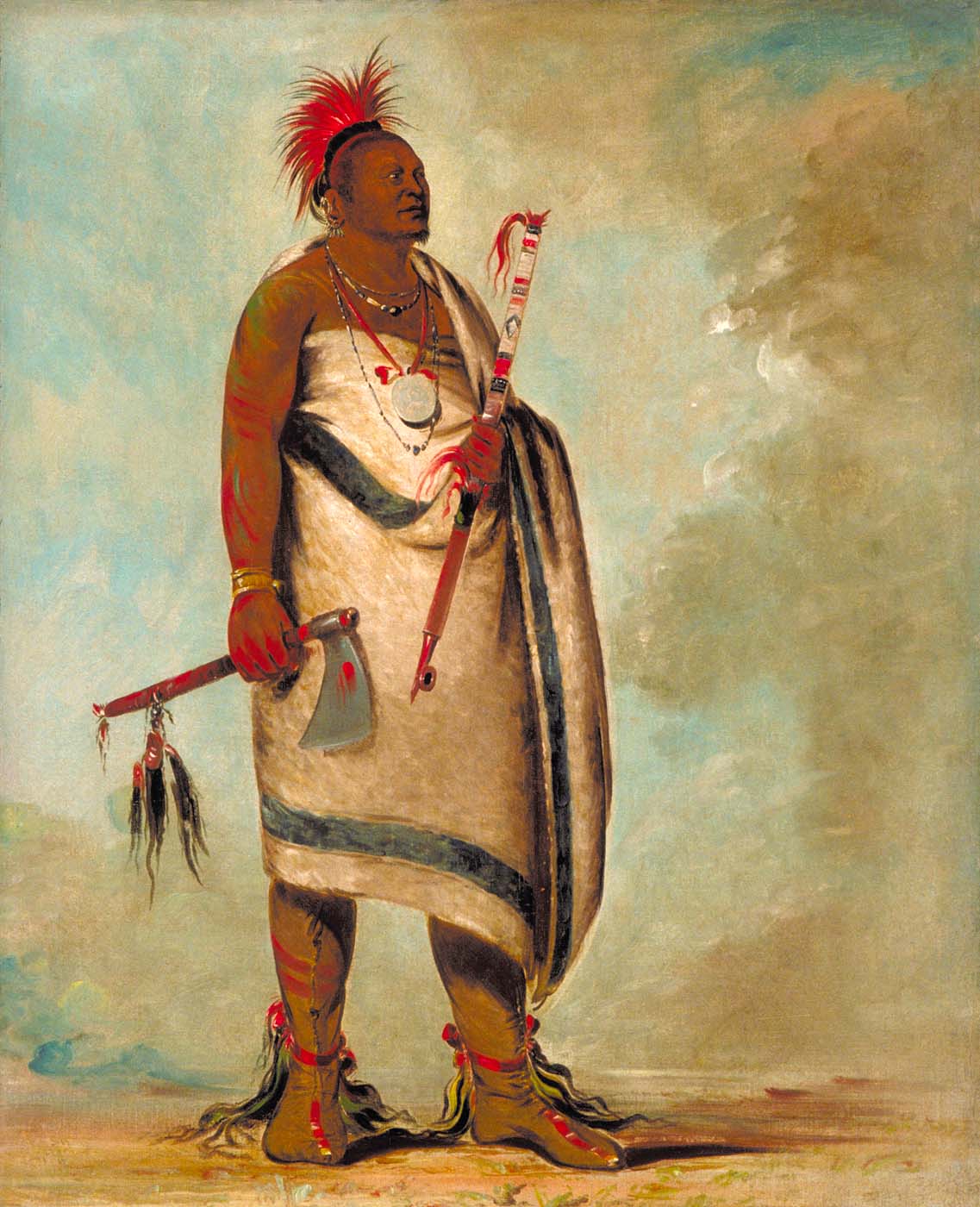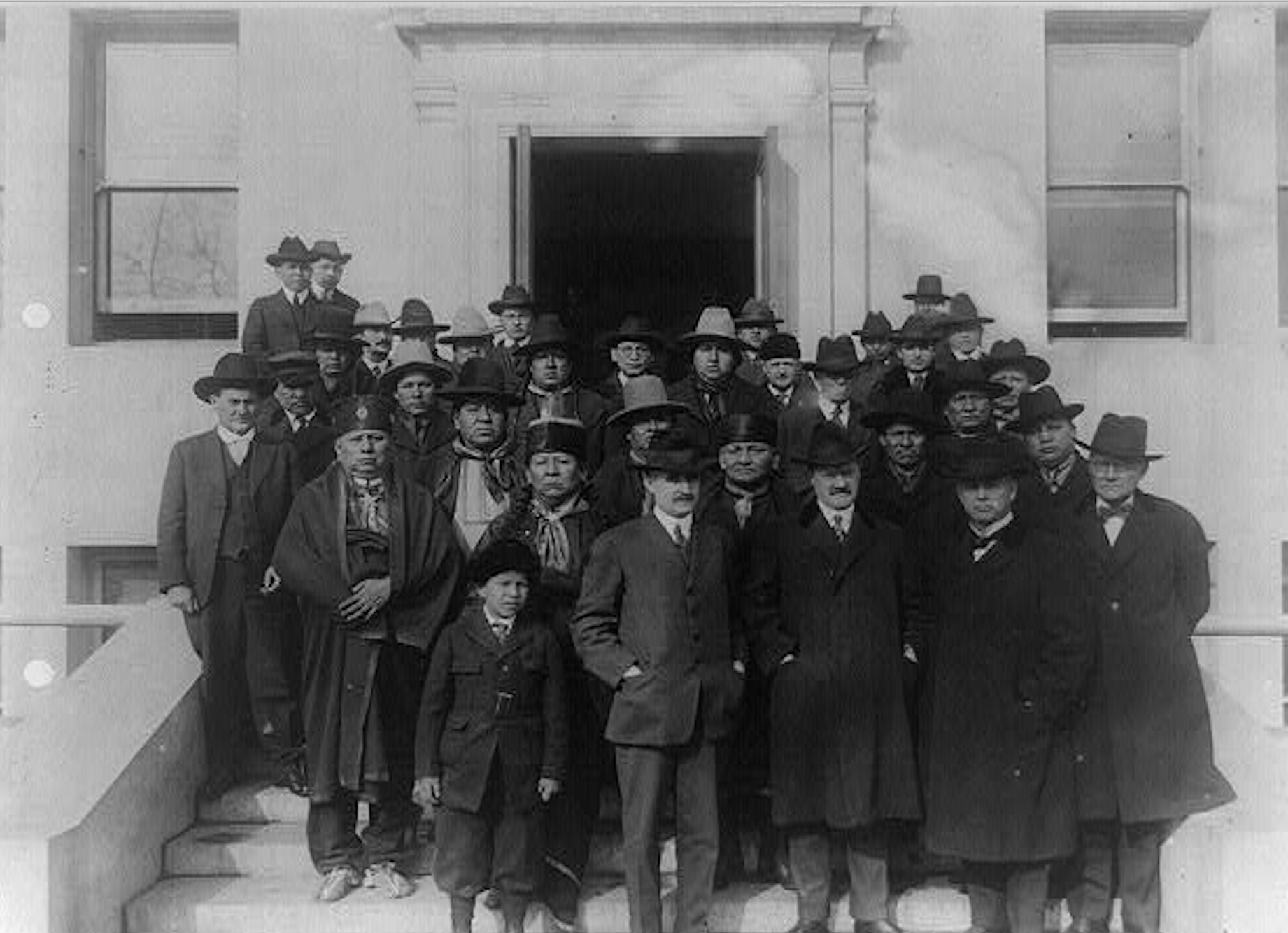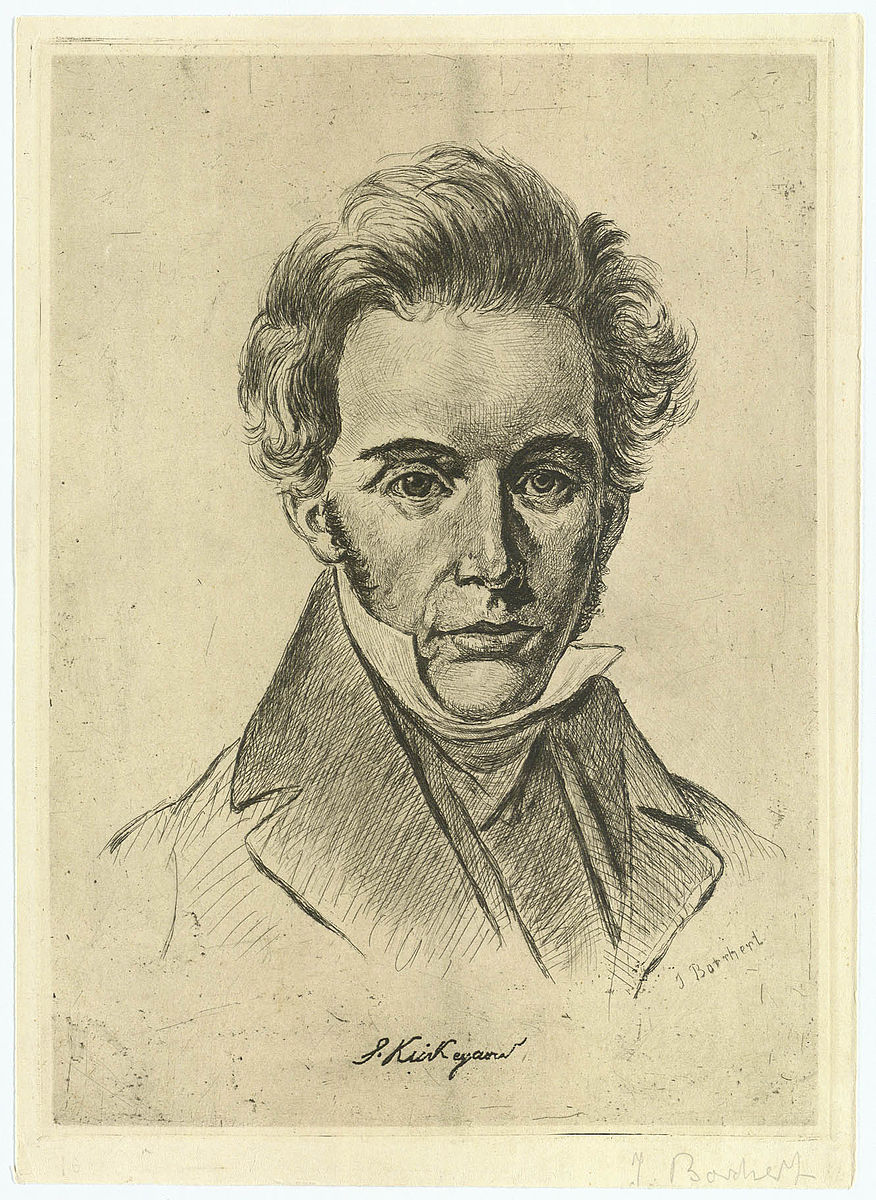The Sense of “miracle” That Matters Surprisingly few commentators have advanced this basic criticism against Hume’s argument. One glaring exception is the Wittgensteinian philosopher of religion, D. Z. Phillips.[1] In The Problem of Evil and the Problem of God, Phillips puts things this way: “In the case of certain miracles, it is a necessary condition […]
The Religious Significance Of Miracles – Why Hume’s Critique Is Superfluous, Part 2 (Alberto Urquidez)
The following is the second of a three-part series. The first can be found here. The question I shall now consider is this: If not all miracles are religious miracles, how does Hume differentiate the two? How does he determine that, for two Humean miracles M1 and M2, the former is religiously significant and the […]
The Religious Significance Of Miracles – Why Hume’s Critique Is Superfluous, Part 1 (Alberto Urquidez)
The following is the first of a three-part series. The argument from miracles seeks to prove that a religious deity (such as God) exists on the premise that only God could have caused a miracle to occur. David Hume’s “Of Miracles” has proven to be the most important philosophical essay on this argument. In his […]
“Progressive Neoliberalism” – Symbolic Capitalism And The Global Reproduction Of The “Precariat” (Interview With Carl Raschke)
Raschke, Carl. Neoliberalism and Political Theology: From Kant to Identity Politics. Edinburgh: Edinburgh University Press, 2019. ISBN-13: 978-1474454551. NP: What was your motivation to write Neoliberalism and Political Theology: From Kant to Identity Politics? We all know that neoliberalism is something that has been at top of the charts among progressive thinkers for the past two decades. Do […]
Longing For An Impossible Past – Derrida’s Of Grammatology And The Coronavirus As The Inauguration Of An Age Of Writing, Part 2 (Jared Lacy)
The following is the second of a two-part series. The first can be found here. Furthermore there is an element of nostalgia implicit in this desire. Like the armed protestors who stormed city capital buildings across the United States, there is a sense among certain students and faculty, that in the age of Coronavirus and […]
Longing For An Impossible Past – Derrida’s Of Grammatology And The Coronavirus As The Inauguration Of An Age Of Writing, Part 1 (Jared Lacy)
The following is the first installment of a two-part series. As we witness the aftermath of the initial responses to the ongoing COVID-19 pandemic — the failures and successes of the various shelter-in-place orders and a global economy interrupted — it is difficult not to notice the fact that in the age of Coronavirus, our […]
Religious Studies – The Final Colonization Of American Indians, Part 2 (Tink Tinker, wazhazhe udsethe)
The following is the second of a two-part series. The first can be found here. Indian cultures are very complex, and Osage culture is no different in that regard. Every ukon or wigie[1] is aligned around these paired divisions, and particular clans might have clan specific-responsibilities (hence, division-specific) in any wigie or ukon. For example, […]
Religious Studies – The Final Colonization Of American Indians, Part 1 (Tink Tinker, wazhazhe udsethe)
The following is the first of a two-part series. The second can be found here. In late 2019 I was invited to deliver a paper at an international symposium, “Re-Envisioning Religious Studies as a Global Discipline,” hosted by the Journal for Cultural and Religious Theory held in conjunction with the annual American Academy of Religion […]
Revolutionary Love – Kierkegaard’s Gift Economy As A Religious Corrective To The Leveling Of The Public Sphere, Part 2 (Andrew Ball)
The following is the second insatallment of a three-part series. The first can be found here. Kierkegaard’s Agapic Gift Economy In his late authorship Kierkegaard articulates the social ontology that has implicitly grounded his previous works, calling for his readership to reassess the site and mode of Kierkegaard’s beginnings, the starting point of existential relation. […]
Revolutionary Love – Kierkegaard’s Gift Economy As A Religious Corrective To The Leveling Of The Public Sphere, Part 1 (Andrew Ball)
The following is the first of a three-part series. Though Kierkegaard is typically considered to be the consummate philosopher of the single individual, his critique of secular modernity and institutional Christendom provide us with greater insight into the place of the social and political spheres in the trajectory of his authorship and existential thought. His […]
